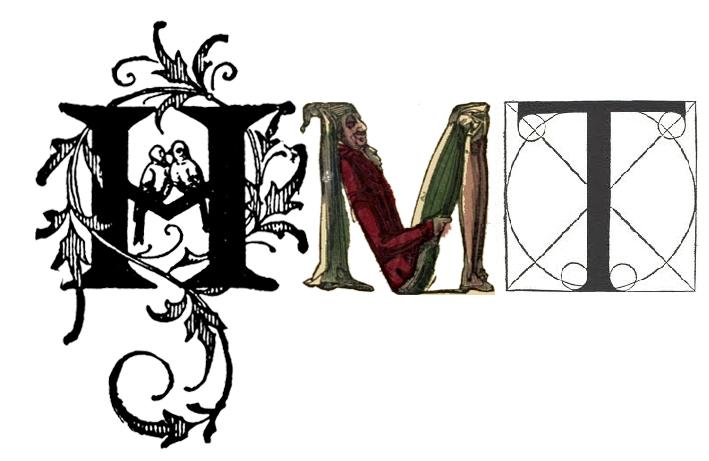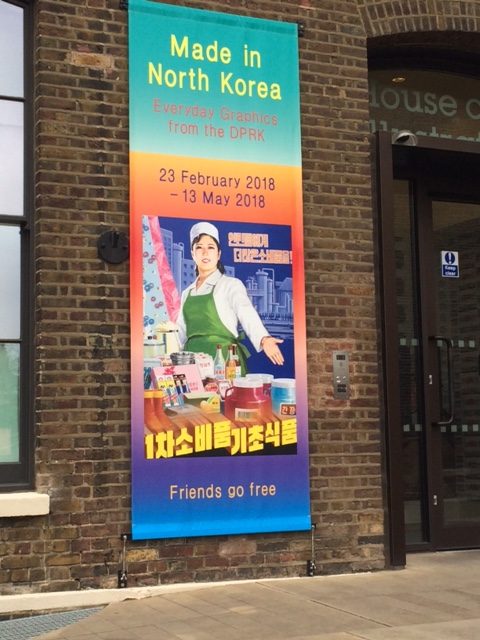University of Cambridge, Faculty of English
10-11 September 2018
Under the auspices of the Centre for Material Texts and the Writing Britain Conference Series
The introduction of paper to the West was a major technological innovation that transformed the ways in which texts of all kinds were transmitted. Having proved itself over many centuries as the intellectual fabric of Asian and Middle Eastern societies, the medium continued to demonstrate an extraordinary capacity for adaptation and diversification when it arrived in Europe. The stuff of playing cards, votive offerings and amulets, packaging and toilet tissue, wall-coverings and quilt-linings, paper was also crucial to the development of quotidian, democratized literacies and to the unfurling of national bureaucracies and capitalist economies. Light (in a single sheet) yet heavy (in a massive folio), durable yet fragile and throwaway, paper’s ability to combine contrary qualities and its willingness to enter into alliance with other substances and technologies helped it seep into every sphere of daily life. Paper’s smooth surface masked fundamental changes in substance—in particular the move from the rag-paper of the late medieval and early modern periods to the wood-pulp paper of modernity. Its protean surface facilitated deep continuities and extraordinary ruptures in European cultural history.
A spate of recent publications has demonstrated the urgency of getting to grips with paper, at a turning-point in our relations with it. The aim of Paper-stuff is to meet this urgency. It will bring together experts in the field, theorists of material culture and representatives of a variety of disciplines with a stake in the subject, so as to understand paper’s empire in the West. Paper-stuff will also take stock of rapidly evolving technologies available for the analysis of paper.
Plenary speakers:
Professor Pádraig Ó Macháin (University College Cork)
Linda Toigo (paper artist)
For the draft programme, click here.
To register, click here.
For further information please contact one of the organisers at the e-mail below.
Dr Orietta Da Rold (od245@cam.ac.uk)
Dr Jason Scott-Warren (jes1003@cam.ac.uk)
Sponsor: The British Academy



